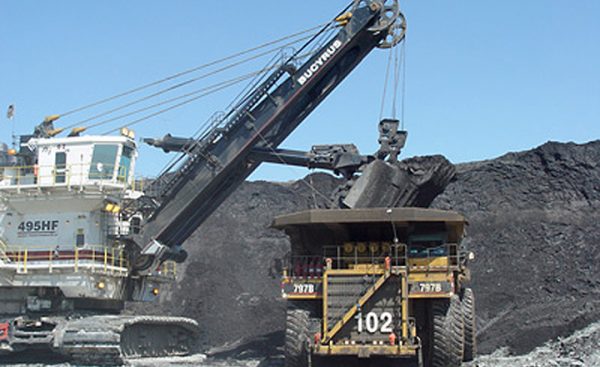The government-owned Hwange Colliery Company Limited (HCCL) is poised to capitalize on rising coal prices by continuing its underground mining operations.
By Ryan Chigoche
Initially, HCCL announced plans to halt underground mining in June this year to minimize the risk of spontaneous combustion caused by excess coal, as production was significantly outpacing sales.
However, according to the company’s current management, underground production will continue as HCCL has already opened a new underground mine to take advantage of the firming prices.
Due to technical insolvency and persistent losses, HCCL was placed under administration and is still suspended from trading on the Zimbabwe Stock Exchange. The government owns a 37% stake in the company, with Messina Investments being the second-largest shareholder with a 31% stake.
Although still suspended, the company has seen an improvement in performance. In their last results for the third quarter ended September 2023, HCCL reported a positive performance, producing 989,503 tonnes and selling 911,245 tonnes, almost doubling the 388,487 tonnes sold in the prior comparable period. The improved performance was largely due to efficient machinery acquired in the first quarter of 2023.
Collectively, in the nine months to September 2023, the company saw a 163% surge in sales from 1,060,976 tonnes to 2,795,303 tonnes. Hwange Power Station coal accounted for 43% of the sales, raw coal 39%, Hwange Industrial Coal 17%, with Hwange Coking Coal accounting for just 1%. This surge in sales is in line with the doubled production during the period.
HCCL operates three divisions: mining, real estate, and a medical division. The mining division contributed 96% to the company’s unaudited profit before tax of US$10.2 million in the reported period of 2023, with the real estate and medical divisions contributing 3% and 1%, respectively.
Looking forward, the company aims to regain its market share, as it no longer enjoys the monopoly it once had. New private players in the sector have emerged, all seeking to capitalize on the strengthening global coal prices.




